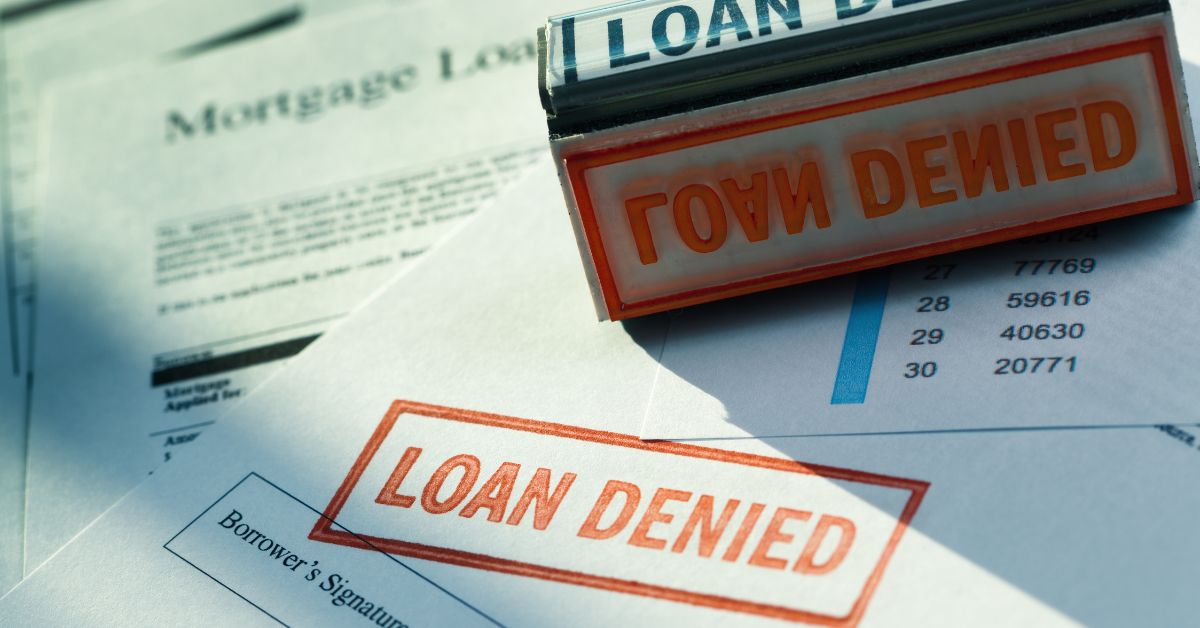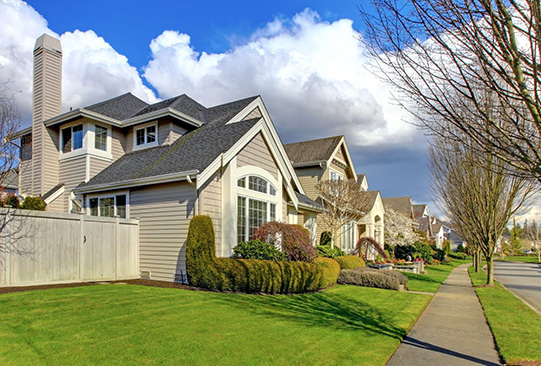4 Reasons Why Your Mortgage May Be Denied After Pre-approval
 So you’ve been pre-approved for a mortgage – great! You’ve taken the first step toward becoming a homeowner. But before you start picking out china patterns, you’ll want to keep in mind that a pre-approval isn’t the same thing as a mortgage agreement. There’s still no guarantee that you’ll actually get a mortgage.
So you’ve been pre-approved for a mortgage – great! You’ve taken the first step toward becoming a homeowner. But before you start picking out china patterns, you’ll want to keep in mind that a pre-approval isn’t the same thing as a mortgage agreement. There’s still no guarantee that you’ll actually get a mortgage.
But why would a lender deny a mortgage after pre-approving a borrower? Here’s what you need to know.
Sudden Changes In Income Or Employment History
A number of mortgages will require borrowers to have consistent employment for a certain length of time. If you apply for an FHA mortgage, for instance, you’ll be obligated to have an employment history dating back at least two years. Any gaps in your employment history will require a written explanation that your underwriter will need to approve.
If you switch career fields while in the process of buying a home and it has a significant impact on your income, your lender may deny your mortgage.
Credit Mismanagement After Pre-Approval
Lenders like to see consistency – so if your credit score suddenly drops after you’ve been pre-approved for a mortgage, it sends up a red flag. Even something as minor as a late payment on a cell phone bill could affect your credit score just enough to cause your lender to deny you. Pay extra attention to your bills throughout the home buying process, and make sure nothing slips past you.
Taking On More Debt In The Interim
A number of buyers will take on more debt after they’ve been pre-approved for a mortgage. Although it may be tempting to get a new car to go with your new house, getting a car loan will change your debt-to-income ratio and cause your lender to think twice about how responsible you are. If you’re in the process of buying a home, hold off on any other major purchases until after the deal has closed.
An Unsatisfactory Bank Appraisal
Sometimes, your mortgage can be denied for reasons that have nothing to do with you. Some lenders will only issue a mortgage if the property value of the house in question is appraised above a certain level. Others will deny a mortgage if the home requires roof repairs, electrical work, or a new heating system.
You’ll want to check with your lender to see what home conditions could be cause for denying your mortgage application.
Getting approved for a mortgage is a convoluted process at best, but a mortgage advisor can help you to navigate the approval process with ease. Contact your local mortgage professional for more tips on how to ensure you get approved.
 Outside of the significant financial responsibility of delving into home ownership, there can also be a lot of other risks involved that you may not have thought about before investing in a home. You’ll need to protect your home against theft or burglary. And homeowner’s insurance to protect your home and belongings is almost a requirement. But there are other less common occurrences you may not have thought about. If you happen to be living in an area that’s at high risk of fire, here are some things to consider beforehand.
Outside of the significant financial responsibility of delving into home ownership, there can also be a lot of other risks involved that you may not have thought about before investing in a home. You’ll need to protect your home against theft or burglary. And homeowner’s insurance to protect your home and belongings is almost a requirement. But there are other less common occurrences you may not have thought about. If you happen to be living in an area that’s at high risk of fire, here are some things to consider beforehand. U.S. military veterans have opportunities to enjoy some richly-deserved benefits in other aspects of their lives, including some special options for financing their homes. VA loans may give active military personnel, retired veterans, and sometimes surviving family members of veterans the ability to purchase homes that might not prove available to them through more conventional mortgage loans.
U.S. military veterans have opportunities to enjoy some richly-deserved benefits in other aspects of their lives, including some special options for financing their homes. VA loans may give active military personnel, retired veterans, and sometimes surviving family members of veterans the ability to purchase homes that might not prove available to them through more conventional mortgage loans.